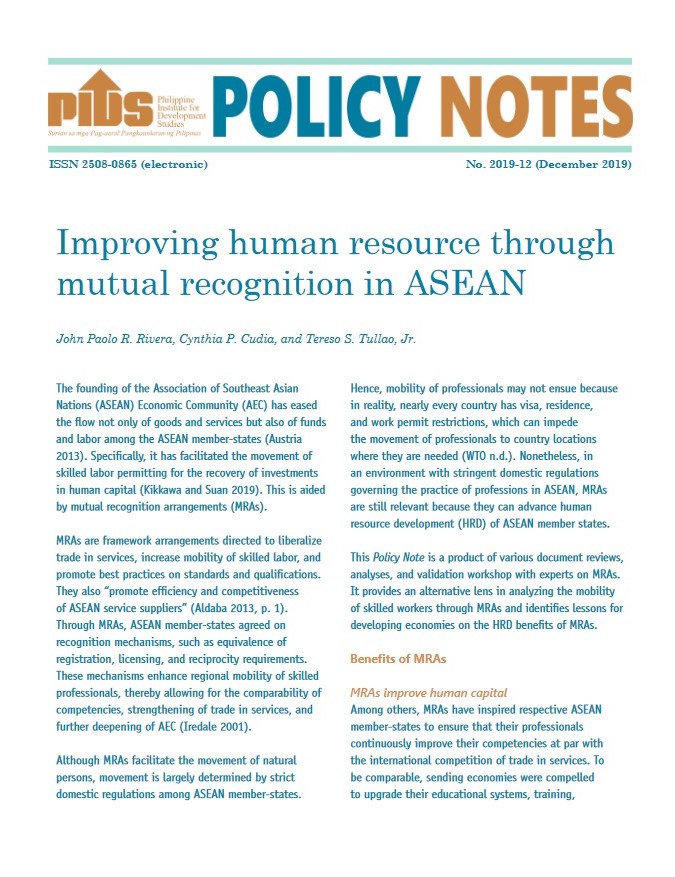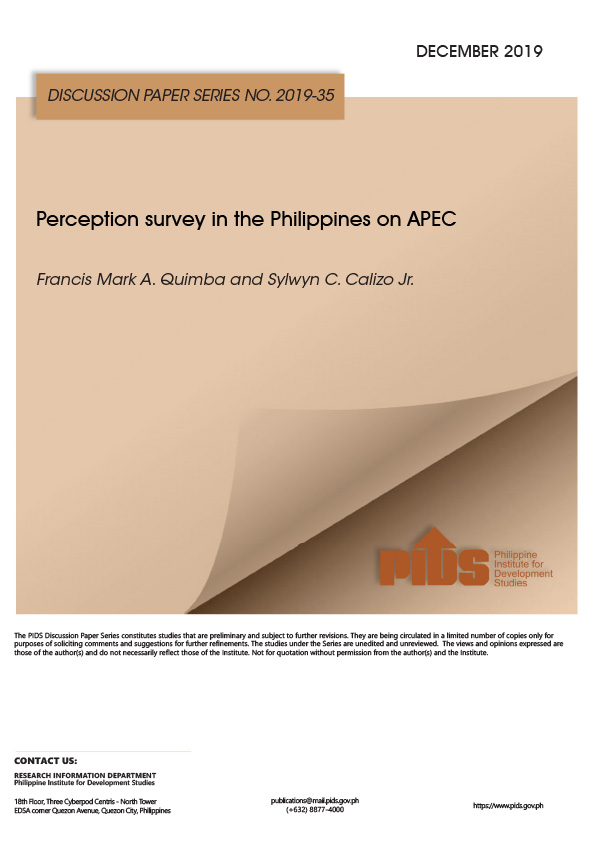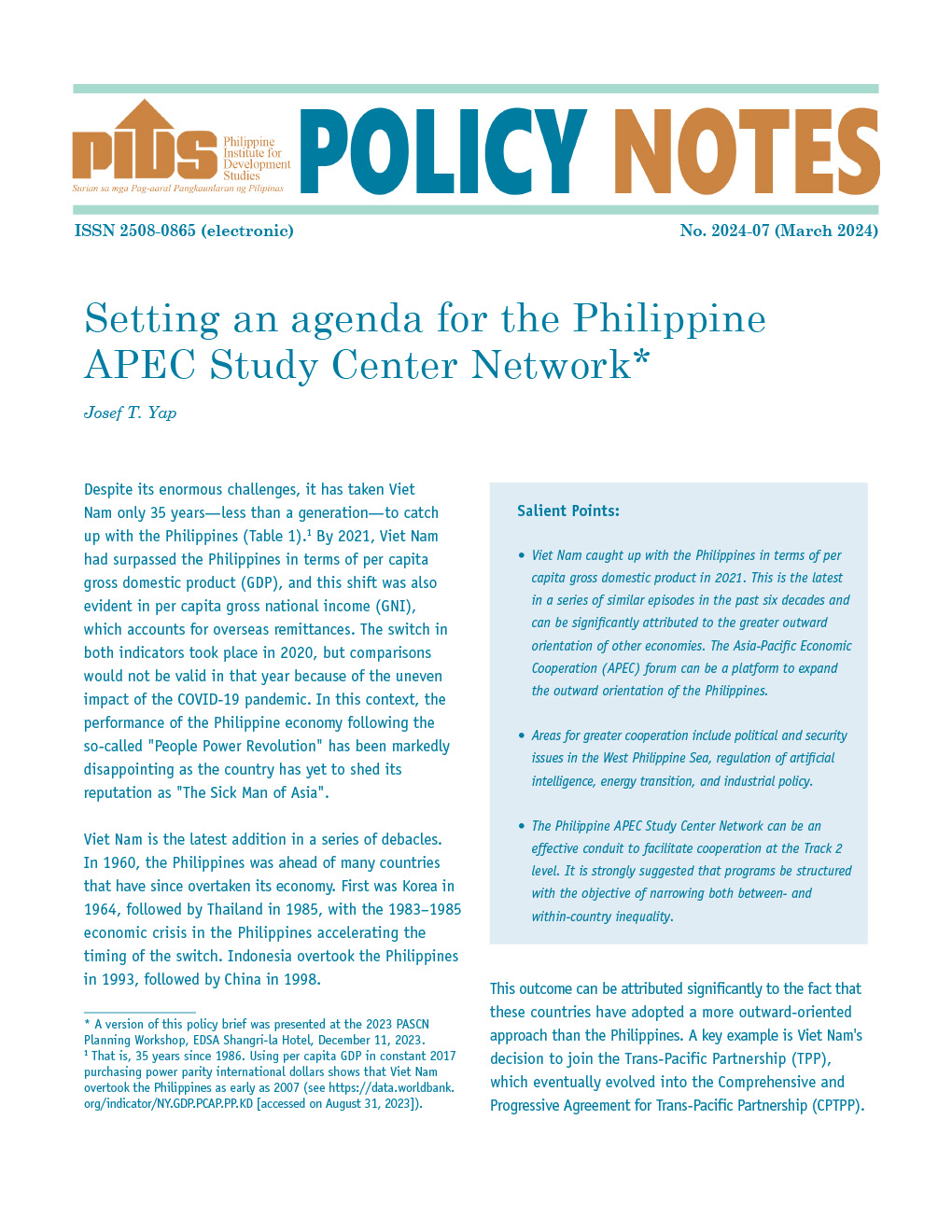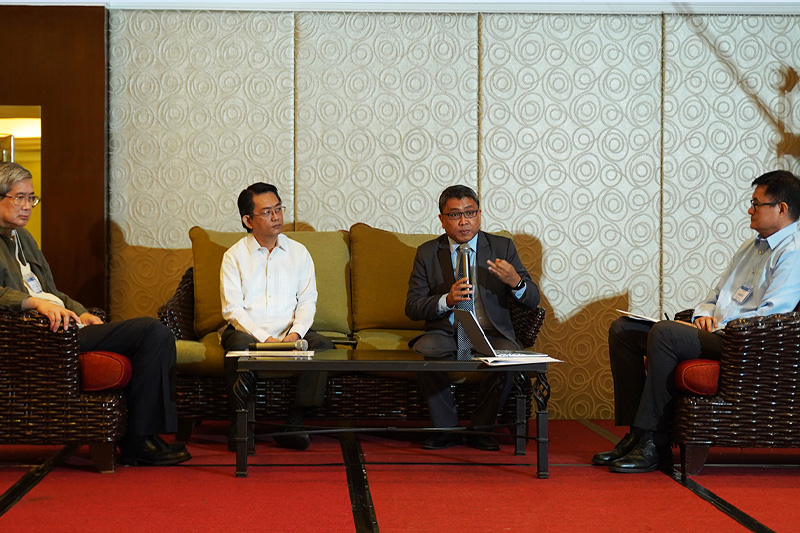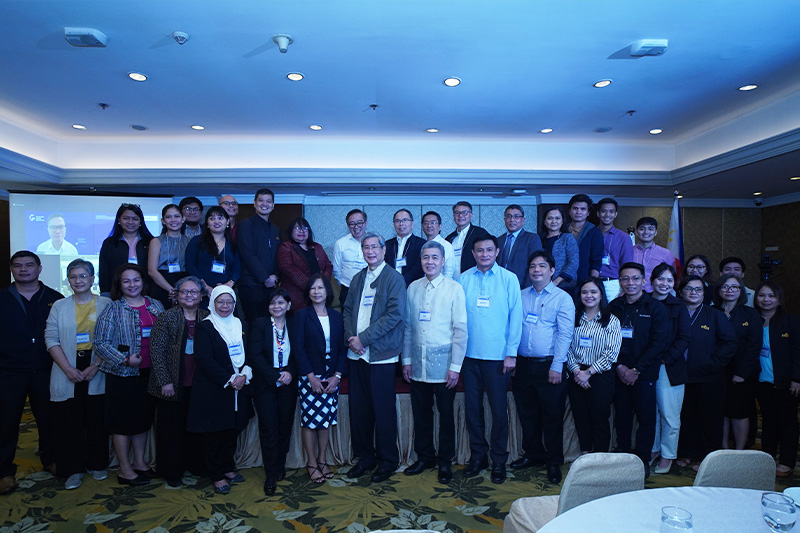The Association of Southeast Asian Nations (ASEAN) member states and China are urged to complete the code of conduct framework for behavior in the disputed West Philippine Sea/South China Sea at the soonest possible time to help deal with uncertainties in the region.
Such proposal was made by international and local economists Monday after the presentation of the United Nations (UN) report, the Economic and Social Survey of Asia and the Pacific 2017, highlighting Asia Pacific economies vulnerability to global uncertainty and trade protectionism. The sooner we really bring down theplayers around the table to discuss how we do this, meaningagree on this code of conduct, the sooner we do it, the better. There is no use issuing the statements that may just confuse the issue,” said Philippine Institute of Development Studies (PIDS) President Dr. Gilberto Llanto.
Llanto believes that the code of conduct is the way to go.
And I think that may be (it will be) respected by all players in the region if we say it firmly: this our region, we are here so we don’t want to create unnecessary tensions and difficulties for everybody,” he added.
Dr. Shuvojit Banerjee, economic affairs officer at United Nations Economic and Social Commission for Asia and the Pacific (ESCAP), said political tensions in Asia, also including the North Korea situation, are increasing the level uncertainty in the region. “
Uncertainty affects economic decision making,” he said.
ASEAN member states, including the Philippines, have welcomed the progress to complete a framework of the code of conduct in the South China Sea by middle of 2017.
The code of conduct is intended to manage tensions in the South China Sea in a peaceful way. ASEAN members and China will then start negotiating for the actual code after they concluded its framework.
Several countries have made competing claims over parts or all of South China Sea, including China, Taiwan and four ASEAN members –the Philippines, Brunei Darussalam, Malaysia and Vietnam.
ASEAN, China urged to complete West Philippine Sea code of conduct framework
Philippine Canadian Inquirer

